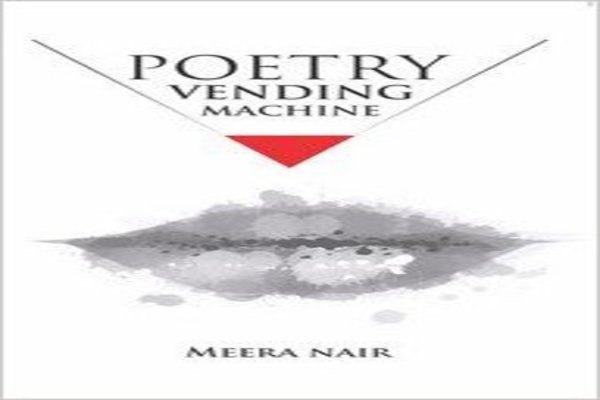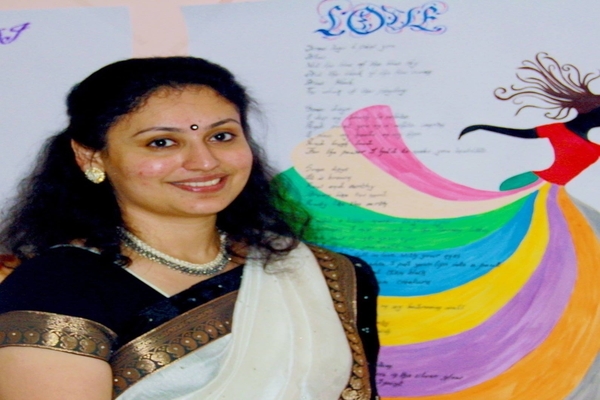29/05/2017
Of late, often have I been asking myself why it’s that works of Indian writers in English don’t stir and shake the depths of my being? What’s lacking in their work? I realize that they don’t allow their work to speak for itself. In an attempt to “show off," “to “impress," the writer comes to the forefront and artistic genuineness recedes to the back. We live in a climate of literary pretense.
In a culture of narcissism the writer can, consciously or unconsciously, slip into clever strategies for winning the attention of readers. Instead of transparency, there is obscurantism; instead of “lightness” there is heaviness.
Italo Calvino : "There is a lightening of language whereby meaning is conveyed through a verbal texture that seems weightless, until the meaning itself takes on the same rarefied consistency… There is the narration of a train of thought or psychological process in which subtle and imperceptible elements are at work, or any kind of description that involves a high degree of abstraction." (Six Memos for the Next Millennium)
Meera Nair’s poems bear testimony to the virtue of "lightness" in literary works. Her poems are spontaneous, direct and intimate.
A few months ago I happened to see a photograph of Meera handing over her first published book of poems to her Ammoomma (grandmother). There was a smile of deep contentment and joy on her face. She was not self-conscious.
I asked her about it and she told me she was “genuinely happy” when the photograph was taken.
Like her expression in the photograph, her poems too are not self-conscious. They speak to us with ingenuity and intensity. In one word they are “authentic.”
A spectrum of themes -- love and loneliness, inequity and injustice, despair and death -- finds expression in a remarkably unique and refreshing manner. Awake and sensitive to both the gentle and tumultuous inner currents working their way in the mind, Meera is able to capture the mood of modern man and the nature of life in the contemporary world.
For millennia man has remained a bruised and bleeding creature. Is man condemned forever to remain in the darkness of violence and sorrow?
The yearning for union, for genuine love, is a theme to which Meera returns often.
In love, there's light and delight. Unpretentious and uninhibited, Meera's poems open newer avenues of poetic experience.
To Thoreau, poetic life is about “being awake.” And he adds: “To be awake is to be alive.”
Meera is both awake and alive.
(“Poetry Vending Machine,” Meera Nair's second book, was published recently. Her first book “Grey: Born When Black Invaded White” received an award at the national level.)


